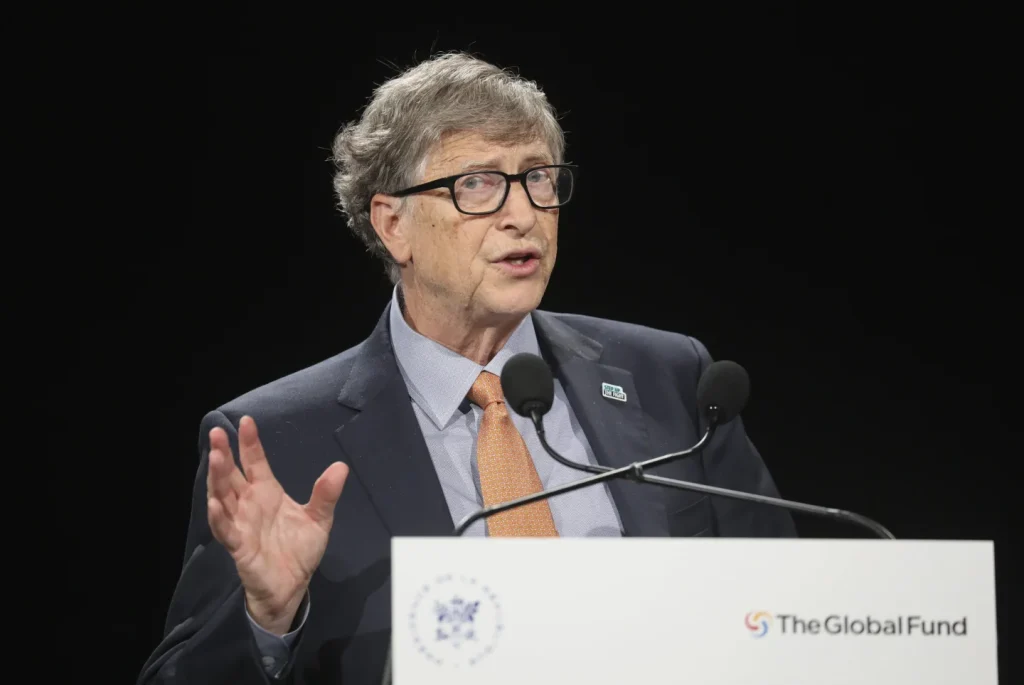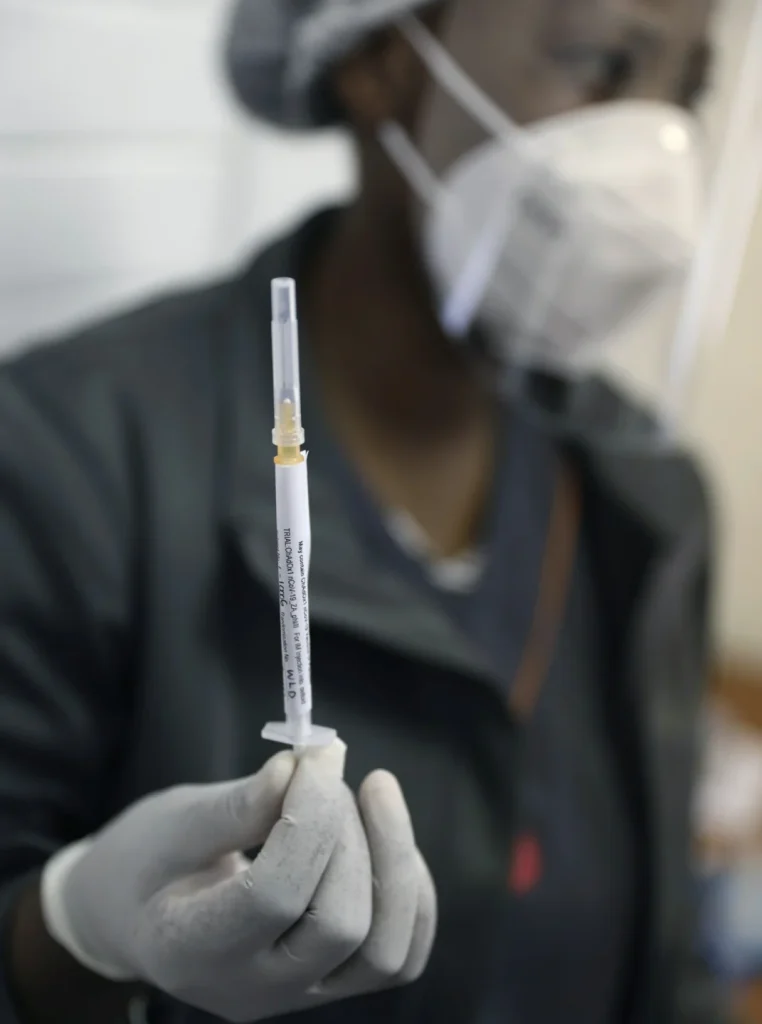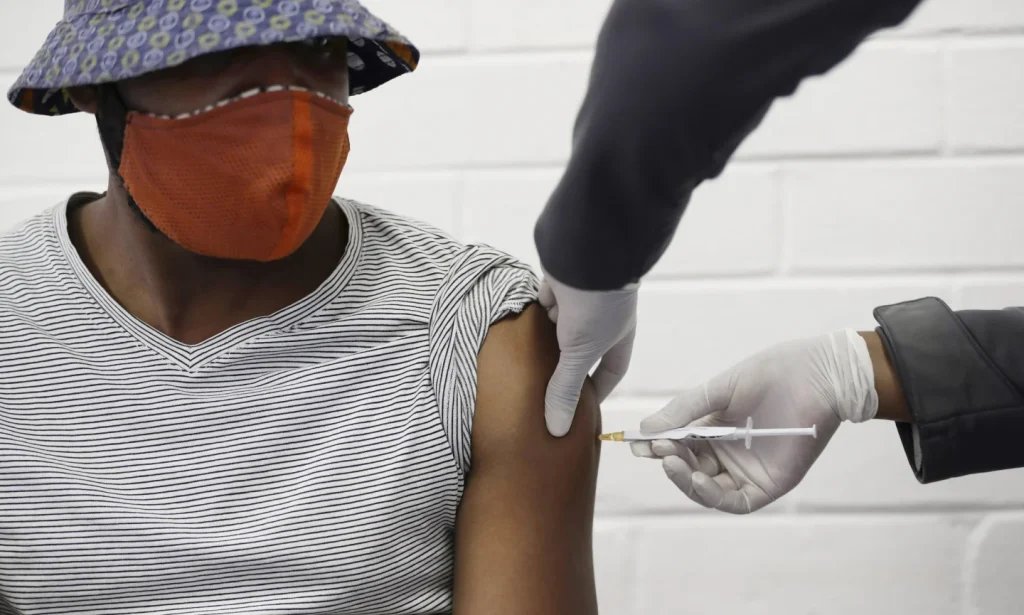The equitable distribution of a potentially life-saving coronavirus vaccine stands as a pivotal moral and ethical challenge facing the global community.
As politicians and public health leaders pledge to ensure fair access to any effective vaccine, concerns have arisen regarding the potential for wealthy nations to secure disproportionate shares, leaving poorer countries at a disadvantage.
The current landscape reveals a troubling reality where the race to inoculate populations could exacerbate existing inequalities in healthcare access.
Amidst the backdrop of a pandemic that has upended lives and economies worldwide, the issue of vaccine distribution has emerged as a litmus test for international cooperation and solidarity.
The recent controversy surrounding the United States’ significant purchase of a new COVID-19 drug has underscored fears that a similar scenario could unfold with a successful vaccine.
With numerous vaccine candidates in development, countries such as Britain, France, Germany, and the U.S. have already secured substantial doses, potentially limiting access for less affluent nations.
At the forefront of efforts to address this imbalance is Gavi, a public-private partnership founded by the Bill & Melinda Gates Foundation, dedicated to providing vaccines to a significant portion of the world’s children.
Gavi’s new “Covax Facility” aims to pool resources and ensure fair distribution of COVID-19 vaccines.
However, concerns have been raised regarding the mechanism through which doses will be allocated, potentially allowing wealthier nations to both secure independent agreements with pharmaceutical companies and receive additional doses through Gavi.
The ethical implications of this dual approach are profound. While affluent countries could potentially benefit from a surplus of vaccines, poorer nations may find themselves at a disadvantage, unable to secure doses for their populations.
The notion of a global distribution framework, guided by principles of fairness and equity, is crucial in ensuring that vulnerable communities are not left behind in the race for immunization.
Critics argue that the current system may inadvertently perpetuate disparities in healthcare access, reinforcing existing power differentials between nations.
The lack of a robust enforcement mechanism raises concerns about the potential for breaches of agreements and the hoarding of vaccines by wealthier countries.
As Dr. Seth Berkley, CEO of Gavi, acknowledges, the absence of stringent enforcement measures leaves room for exploitation and undermines the principle of equitable vaccine distribution.
In navigating this complex landscape, it is imperative for stakeholders to prioritize the common good over individual interests.
The pursuit of a global vaccine initiative demands a commitment to transparency, accountability, and solidarity.

Efforts to curb vaccine nationalism and promote a collective approach to combating the pandemic are essential in fostering a more just and equitable world.
In conclusion, the challenge of equitably sharing a COVID-19 vaccine underscores the need for a coordinated and inclusive response.
As the world grapples with the devastating impact of the pandemic, the imperative to prioritize global health over national interests has never been more urgent.
By upholding principles of fairness and solidarity, we can strive towards a future where access to life-saving vaccines is a fundamental right for all, irrespective of wealth or privilege.
In the realm of global health initiatives and vaccine distribution, a complex web of dynamics and challenges unfolds, shaping the landscape for equitable access to life-saving vaccines.
The recent call by Gavi for countries to express their intent to join its initiative underscores the urgency and importance of collaborative efforts in combating the COVID-19 pandemic.
With expectations of participation from a diverse array of nations spanning high, middle, and developing income brackets, the stage is set for discussions and negotiations that will determine the future of vaccine distribution on a global scale.
Dr. Richard Hatchett, the CEO of the Coalition for Epidemic Preparedness Innovations, sheds light on the intricate process of engaging countries that have already secured deals with pharmaceutical companies for vaccine supplies.
The notion of potentially pooling private vaccine stockpiles in exchange for access to effective candidates highlights the need for innovative solutions that prioritize global health outcomes over individual interests.
As discussions unfold in the weeks ahead, the delicate balance between national priorities and international solidarity will undoubtedly come to the forefront.
The African Union’s call to remove obstacles to equal vaccine distribution resonates deeply in a world where access to healthcare remains a starkly unequal reality.
John Nkengasong’s advocacy for Gavi to advocate for the suspension of intellectual property rights reflects a broader sentiment within the global health community towards fostering greater equity in vaccine access.
The historical context of delayed access to life-saving drugs in Africa serves as a stark reminder of the consequences of inequitable distribution systems.
Shabhir Mahdi’s emphasis on the role of African governments in driving vaccine-sharing initiatives underscores the agency and responsibility that nations hold in shaping their healthcare futures.
The $750 million deal between Gavi, CEPI, and AstraZeneca represents a significant step towards ensuring broader access to vaccines, particularly for developing countries.
However, challenges persist, as existing contracts with wealthier nations pose logistical and ethical dilemmas in the quest for global vaccine equity.
Chinese President Xi Jinping’s commitment to sharing a COVID-19 vaccine with African countries highlights the importance of international cooperation in addressing the pandemic.

The World Health Organization’s ambitious goal of securing 2 billion doses for lower-income countries by the end of 2021 underscores the magnitude of the task at hand.
Kate Elder’s call for Gavi to negotiate more rigorously with pharmaceutical companies reflects a growing sentiment for a fundamental shift in the vaccine distribution paradigm towards one grounded in public health imperatives rather than charity.
Yannis Natsis’ observation regarding the reluctance of officials in wealthy nations to prioritize global vaccine sharing underscores the inherent tensions between national interests and global solidarity.
As the world grapples with the challenges posed by the COVID-19 pandemic, the need for a coordinated, transparent, and equitable approach to vaccine distribution becomes increasingly urgent.
The time is ripe for stakeholders across the spectrum to come together, transcend boundaries, and forge a path towards a future where healthcare is a universal right, not a privilege.
